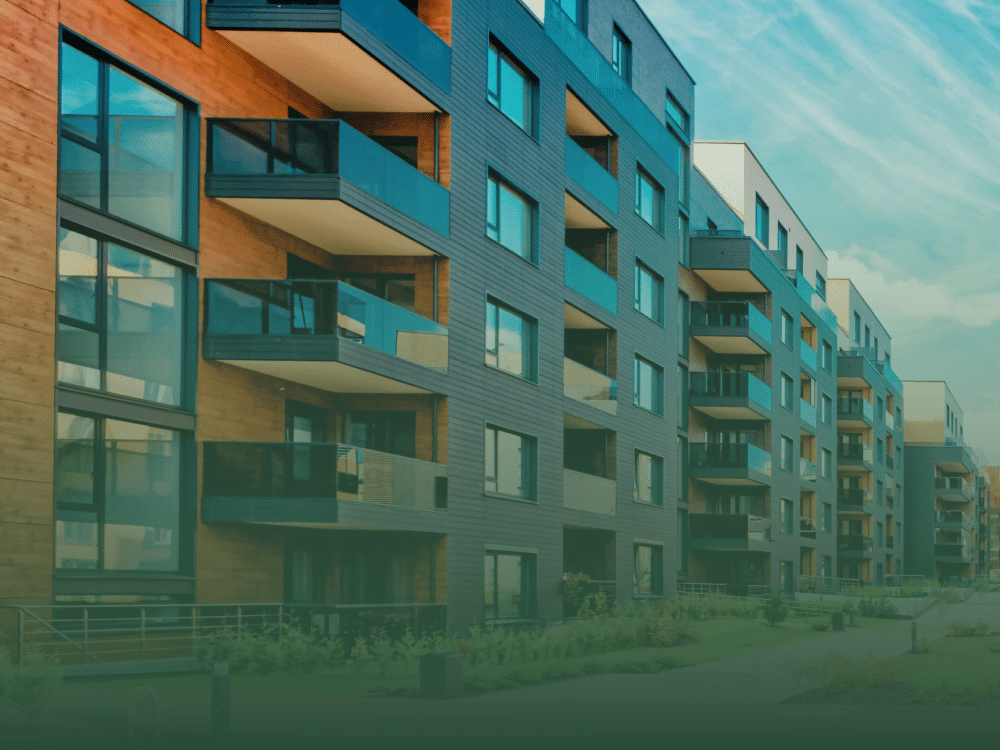Address
Boat Avenue, Thalang, Phuket
Thailand
Work Hours
Monday to Friday: 9 AM - 6 PM
Learn everything about buying a condominium in Thailand: from foreign ownership laws to the buying process and investment opportunities.
Buying condominium in Thailand offers an exciting opportunity for property investors, especially in light of the country’s booming tourism industry. This guide focuses on what you need to know before making such an investment, particularly the legalities that foreigners face. Although Thai property laws have historically limited foreign ownership, the Condominium Act has opened up avenues for foreigners to legally purchase condominiums, making it an increasingly popular option.
Key to enabling foreign ownership, the Condominium Act in Thailand removes nationality restrictions, simplifying the process for non-Thai nationals to invest in the local real estate market. This shift has significantly boosted the attractiveness of condominiums as an investment option. With the ever-evolving Thai real estate landscape, it’s crucial for prospective buyers to understand the legal nuances of the Condominium Act to ensure a compliant and secure purchase.
This comprehensive guide will provide you with essential insights for buying condominium in Thailand, from understanding market structures to selecting the optimal location for your investment.

There are two requirements for potential buyers, especially investors, who are entering Thailand with a valid immigration visa. According to foreign law, the following people are eligible to buying condominium in Thailand:
Buying condominium in Thailand is an easy process that does not require any consideration of nationality. A condo is usually a freehold property that can be purchased by any foreigner who is authorised to enter Thai territory. However, in order to purchase a condo in Thailand, you must fulfil a few important requirements:
Understanding the complexities involved in buying a condominium in Thailand is crucial beyond just the initial steps. One key component is the Thai script sale agreement, completed at the Land Department’s branch office during the ownership transfer and registration when buying a condominium in Thailand. This agreement does not override any confidential agreements made between the seller and buyer. Both agreements are vital to ensuring a complete understanding of the terms and conditions of the transaction.
Furthermore, when buying condominium in Thailand, purchasers must account for various costs associated with the property transfer. These may include revenue taxes, duties, or transfer fees. Typically, the buyer and seller may agree to share these costs. To prevent misunderstandings during the sale, it is advisable for both parties to clearly define and agree upon who pays these expenses. Regulations specify that the developer may request from the buyer only half of the two per cent ownership transfer registration fee. Ensuring these guidelines are followed is critical to protecting the buyer’s interests.
Owning a condo in Thailand doesn’t automatically grant you a visa. While property ownership can facilitate the visa process, there are specific visa categories, such as the Non-Immigrant Visa (O-A), designed for retirees or those wishing to stay long-term. It’s advisable to consult with immigration authorities or a legal professional to understand visa eligibility and requirements associated with property ownership.
While it’s possible to buy a condo in Thailand without a lawyer, it’s highly recommended to engage in legal assistance. A lawyer can help navigate the complex legal processes, review contracts, and ensure all transactions comply with Thai laws. This can provide you with greater confidence and protection throughout the purchasing process, minimizing the risk of potential issues in the future.
Investing in a condo in Thailand can be a good decision, but like any investment, it comes with considerations. Factors such as location, market trends, and your long-term goals play crucial roles. Thailand’s real estate market, including condos, has shown growth in popular tourist destinations, making it potentially lucrative. However, it’s essential to conduct thorough research and possibly seek advice from local real estate experts to make an informed decision based on your financial objectives.
The cost of owning a condo in Thailand varies depending on factors like location, size, and amenities. Generally, prices range widely, with urban areas like Bangkok commanding higher prices than rural areas or less populated regions. Apart from the purchase price, additional costs may include maintenance fees, property taxes, and legal fees, so it’s important to factor in all these expenses when budgeting for condo ownership.